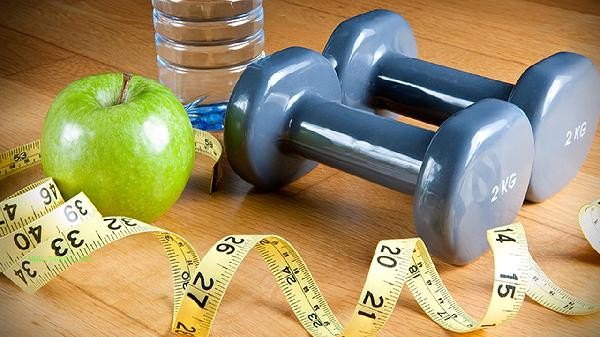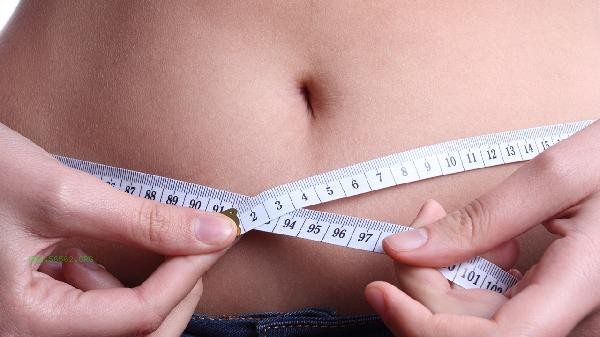After weight loss exercise, you can eat fruits such as bananas, apples, blueberries, oranges, and kiwis in moderation. After exercise, the body needs to replenish water, electrolytes, and a small amount of sugar. These fruits can help restore energy and are less likely to cause fat accumulation.

1. Bananas
Bananas are rich in potassium and rapidly absorbed carbohydrates, which can quickly replenish electrolytes lost during exercise and relieve muscle fatigue. Its sugar content is moderate, but the single intake should be controlled between half a root and one root to avoid exceeding the calorie limit.
2. Apples
The dietary fiber and pectin of apples can prolong satiety, and their low glycemic index characteristics prevent drastic fluctuations in blood sugar levels. After exercise, it can be eaten with the skin attached, as the antioxidants in the skin help reduce free radical damage caused by exercise.
III. Blueberries
Blueberries are rich in anthocyanins, which have anti-inflammatory effects and can alleviate muscle micro damage after exercise. Each 100 grams contains only 57 calories, making it a suitable choice for low sugar fruits after exercise. It is recommended to limit the intake to around 50 grams at a time.

4. Oranges
Oranges have a moisture content of over 85%, which can effectively replenish lost body fluids during exercise. Vitamin C can promote collagen synthesis and help with muscle repair after exercise. It is recommended to consume directly instead of juicing, to preserve complete dietary fiber.
V. Kiwi
Kiwi's protease helps to break down the accumulated lactic acid after exercise, reducing muscle soreness. Two small kiwi fruits are sufficient to meet daily vitamin C needs, but those with excessive stomach acid should avoid consuming them on an empty stomach.

When choosing fruits after exercise, it is important to avoid tropical fruits such as durian and lychee that are high in sugar and calories, and to control the total intake within 200 grams. It is recommended to pair with a small amount of high-quality protein such as sugar free yogurt or eggs, which can promote muscle synthesis without offsetting exercise consumption. It is better to form the habit of supplementing within 30 minutes after exercise, but diabetes patients or those with weak gastrointestinal function need to adjust the variety and eating time according to individual conditions.







Comments (0)
Leave a Comment
No comments yet
Be the first to share your thoughts!